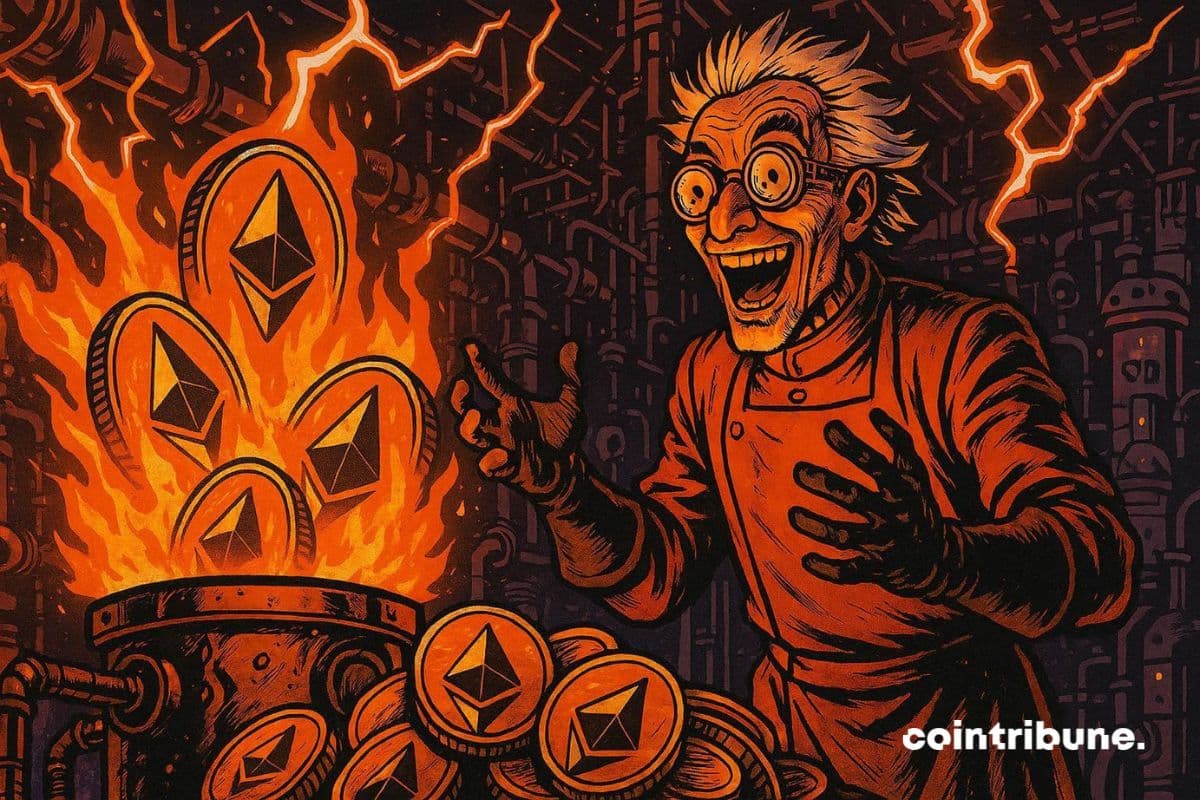How much do you have to earn in the crypto world to truly say you've "changed your fate"?
The real risk is not "losing," but "never knowing that you have already won."
The real risk does not lie in "loss," but in "never knowing you've already won."
Written by: 2Lambroz
Translated by: Saoirse, Foresight News
A few days ago, a friend asked me: "Do you think $200,000 can change your life?"

For some people, the answer is yes; for others, it doesn't really count. It's this gap in perception that leaves most of us confused—because we've never clearly defined what "life-changing money" or "financial freedom money" actually means to us.
Let me tell a story: about a friend who unexpectedly gained a windfall, and about a poker player who, thanks to clear goals and self-discipline, voluntarily folded "Pocket Aces" (one of the strongest starting hands in poker).

At first, I didn't think much of it and casually said, "Two hundred thousand dollars is indeed a nice sum, but it's not really life-changing."
My friend immediately interrupted me and said, "You're being too unrealistic, influenced by the crypto circle."
He was right. In the crypto world, people talk about gains and losses of millions as if they're pocket change. This environment distorts your perception, making you feel that "anything less than seven figures isn't worth mentioning."
But once you step outside this circle, you realize: $200,000 can help someone pay off debts, cover part of a mortgage, or buy several years of "breathing room" (time without worrying about making a living). Money like this can indeed change a life.
To understand this, you need to answer three questions:
- How much do you "need"?—The amount that covers your actual living expenses, debts, and emergency savings.
- How much do you "want"?—The amount that improves your quality of life, allows you to buy nice things, or lets you "never worry about bills again."
- How much can you "actually earn"?—Based on your job income, savings rate, and your real advantages in the crypto field.
For a teacher with an annual salary of $80,000, a one-time gain of $200,000 is a huge deal;
For a banker earning $200,000 a year, it's great, but not enough to fundamentally change their life;
And for someone with a seven-figure annual income, $200,000 might just be another routine trade profit.
"Life-changing money" is never an absolute number; it always relates to your baseline and personal perception.

The Psychology of "Enough"
Here's a cognitive trap: human desires keep escalating.
When you make $200,000, your goal suddenly becomes $500,000; when you reach $500,000, you feel like $2 million is what you really need. Crypto amplifies this mentality because the gains can be so explosive: you might wake up in the morning feeling your life has changed, only to return to square one by nightfall.
It's like playing poker: sometimes folding "Pocket Aces" (a great hand) seems absurd, but insisting on chasing the next bigger win can leave you losing everything.
The real risk is not "loss," but "never knowing you've already won."
Think in "Ranges," Not "Absolute Numbers"
Instead of seeing "life-changing money" as a black-and-white concept, it's better to view it as a gradient range:
- Life-improving level: Money that brings small joys and improves daily comfort.
- Life-changing level: Money that resets your baseline and fundamentally improves your situation.
- Financial freedom level: Money that lets you fully control your life, with no need to compromise.
Which level do you truly want to reach? Which level are you capable of reaching? If you don't clarify this in advance, you'll always be trapped in someone else's game, blindly chasing.
The Trade-off Between Time and Money
Take a clearer perspective: don't just focus on the "amount," but also on how much "time" this money can buy you.
- Right now, $200,000 might buy you 3-5 years of "buffer time" (time free from the grind, where you can plan freely);
- But you might also choose to take risks, trying to turn that $200,000 into $2 million, only to end up with nothing.
In crypto, "getting rich overnight" stories are common, but the real key is to turn these short-term gains into sustainable life security. Measuring success by "how much free time you've won," rather than "how many digits are in your account," is what keeps you clear-headed and grounded.

Lessons from Poker
There's a poker tournament video that made this lesson hit home for me.
David Fishman was originally a teacher, but he entered a high-stakes poker tournament. He got "Pocket Aces"—one of the strongest starting hands in poker—but before the flop, he chose to fold (see at 19:00 in the video).
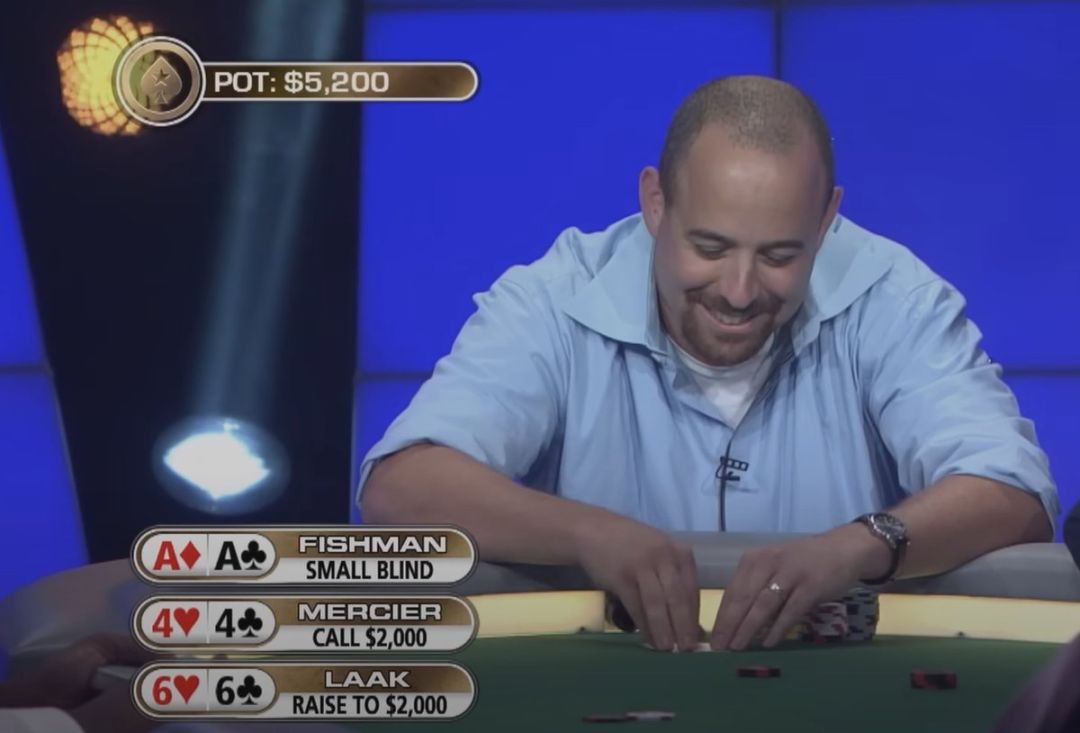
Everyone thought he was crazy, until after the flop, when it turned out another player had "four sixes" (a hand that easily beats Pocket Aces). If Fishman had called, he would have lost badly. On the surface, folding Pocket Aces seemed absurd, but this decision helped him keep his previous winnings.
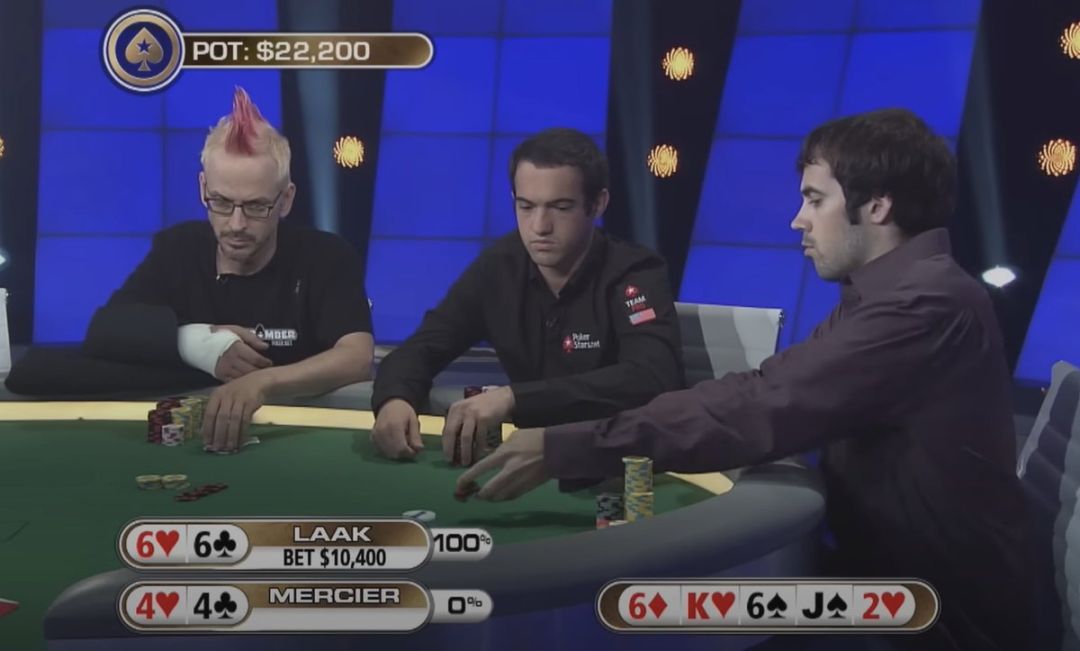
Why did he fold? Because he had already set a "target amount" for himself. At that point, his winnings were already three times his annual salary. For him, that was "life-changing money." He didn't want to risk losing money that could fundamentally improve his life just to "prove he could play poker." He knew exactly what he wanted: take the winnings, go home, and reunite with his family, securing the money for good.

This clarity of purpose was his greatest advantage.
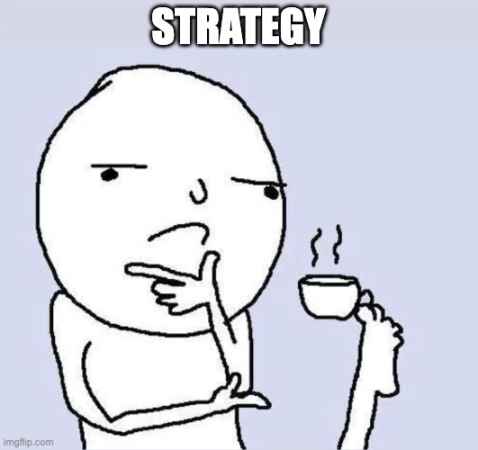
Conclusion
The crypto world is like an ongoing poker game: everyone wants to "play the next hand," hoping for bigger gains. But true "winning" is about knowing when to stop—this "stop" doesn't have to be permanent, but you must have a clear strategy.
Improving your life, changing your life, financial freedom—first figure out which level you're chasing, then determine your "target amount."
If you don't make it clear for yourself, the market will decide for you—and that outcome is rarely friendly.
Disclaimer: The content of this article solely reflects the author's opinion and does not represent the platform in any capacity. This article is not intended to serve as a reference for making investment decisions.
You may also like
Espresso co-founder’s decade in crypto: I wanted to disrupt Wall Street’s flaws, but witnessed a transformation into a casino instead
Everything you've been hoping for may have already arrived; it just looks different from what you expected.

Solana Foundation Steps In as Kamino and Jupiter Lend Dispute Intensifies
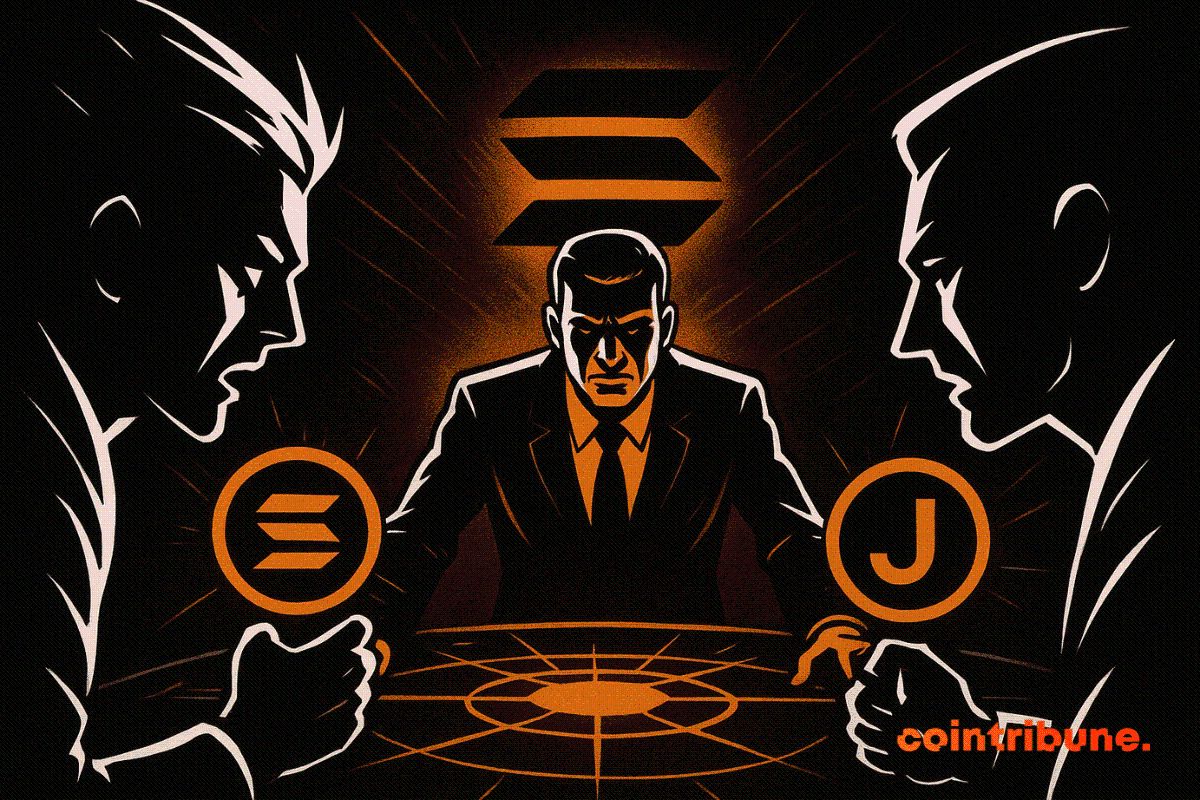
Bitcoin Firms Confront the Boomerang Effect of Excessive Leverage
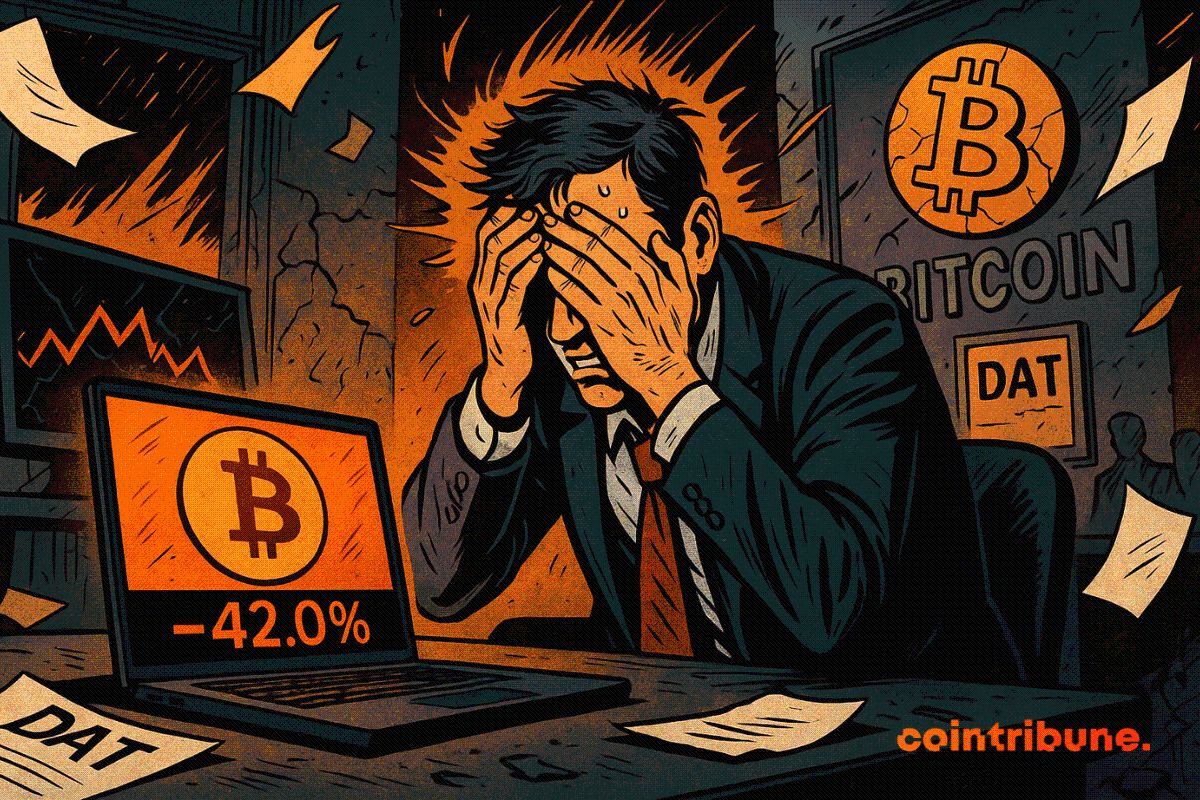
Ethereum Burns $18B, Yet Its Supply Keeps Growing
